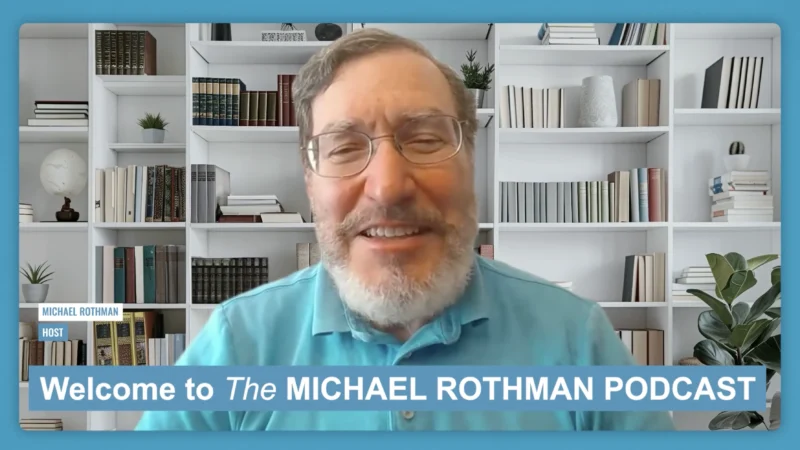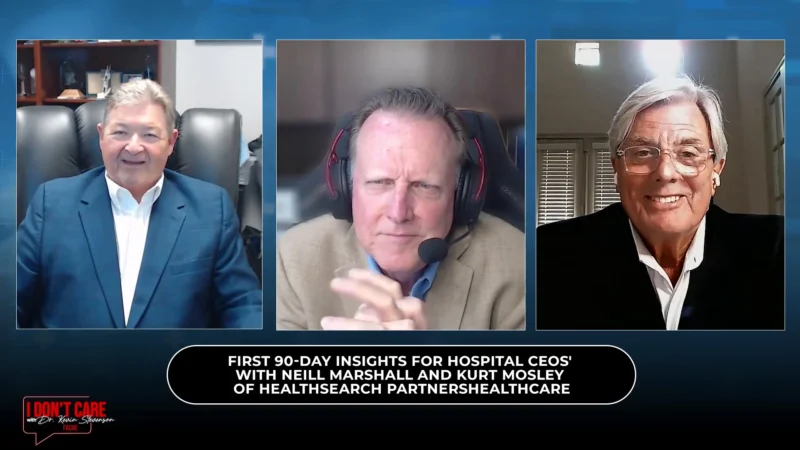The New Oncology Model Created to Improve Cancer Care
For anyone working in the oncology field, a highly anticipated change set to take place will be one of the biggest transitions in recent years. Last year, it was announced that the Oncology Care Model (OCM) will be phased out and succeeded with the Enhanced Oncology Model (EOM). This new model will go into effect in July 2023 and help improve care for cancer patients.
What are the people who work in the oncology field most looking forward to with the forthcoming new model implementation? And what are their expectations for cancer care?
In the latest episode of “Oncology and Technology,” host Tyler Kern sat down to interview with several members of the Carevive team, John Elliot, VP of Sales; Reesa Sherin, Clinical Strategist; and April Boyd, Clinical Product Manager, mostly about the state of the oncology, and what current trends will remain or seeing advancements next year.
Kern, Elliot, Sherin, and Boyd also talked about …
- Educational events held in preparation for the shift to EOM
- What clinicians will value in terms of the new models and how they expect to implement
- How the shift will change oncology and cancer patient care
“The big shift, I think, just in healthcare broadly and then specifically to oncology, has been continued evaluation and how health systems and cancer centers are evaluating a shift to value-based care from the traditional … service,” said Elliot.
John Elliot is the Vice President of Sales at Carevive. He has been with the company for almost four years and held a previous senior position at Cerner Corporation. Elliot is a graduate of Southern Methodist University and Washington University in St. Louis – Olin Business School.
Reesa Sherin is Carevive’s Clinical Strategist and is a MSN and RN. She has been with the company for six years and is a graduate of Temple University and Thomas Jefferson University.
April Boyd is the Clinical Product Manager at Carevive and has been in that role for three years now. Prior to that she worked at the MD Anderson Cancer Center.




